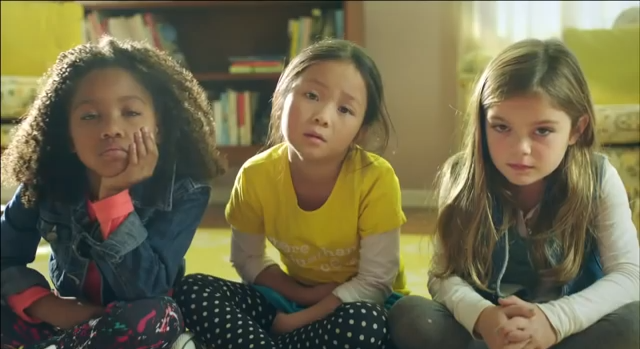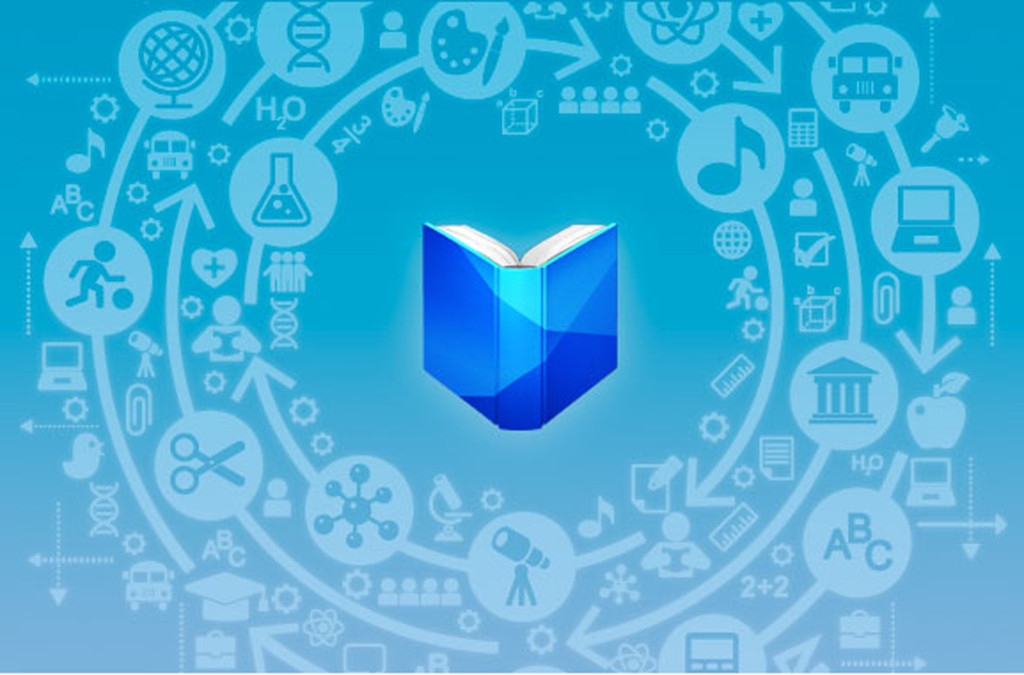Unless you’ve been living under a rock, you probably saw last week’s copyright battle between GoldieBlox—a toy company founded to inspire girls to go into engineering and sciences—and the surviving two members of the Beastie Boys.
The trouble began with a GoldieBlox promo video that parodied the 1987 Beastie Boys song “Girls”—which went on to receive over 8 million hits on YouTube.
There was a two-and-fro between GoldieBlox and lawyers for the Beastie Boys (who are famous for not allowing use of their work in commercials, especially since deceased band member Adam Yauch forbade it in his will). GoldieBlox decided to take the matter to court to ask a judge to rule on commercial fair use.
GoldieBlox and the Beastie Boys have since called a truce, with GoldieBlox removing the song from their video and publishing an open letter on their blog.
Meanwhile on November 14, a US Circuit Judge declared that Google’s book scanning project was protected under the fair use principle.
Judge Denny Chin ruled that the project provides a public benefit—enabling easier research, making it easier for libraries to get copies of books, bringing old books back to life, and giving people access to books who otherwise would not have it. While the case itself has a number of (subjective) implications…
…it also provides another opportunity for us here at Torque to revisit the basics of US Copyright Law.
What is “Fair Use” anyway?
You might be wondering what “fair use” means. Fair use is a legal doctrine that allows for the reproduction of copyrighted works without the rights holder’s permission. There are four factors that influence whether a use is determined to be “fair”:
- The purpose and character of your use
- The nature of the copyrighted work
- The amount and substantiality of the portion taken
- The effect of use upon the potential market
As explained by Stanford University Libraries, the first factor is the most important. The key issue here is whether the material has been “transformed”—used to create something new.
Purposes such as scholarship, research or education, may qualify as transformative uses because the work is the subject of review or commentary. Parody transforms the original work by holding it up to ridicule (like in the GoldieBlox example).
The Stanford article gives a more in-depth explanation of the other three factors, as well as other matters that influence whether or not a judge will determine your use is fair. These include:
- Normally you can get away with copying more from factual works than from fiction.
- You have a stronger case if you copy from published work.
- The less you take the more likely it will be fair use (except for parody)—but if you take the “heart of the work” this may not apply.
- Watch out if your use deprives the owner of income or undermines a new or potential market for the copyrighted work.
Back to our Google example, Wired author David Kravets has provided a good explanation of how the Google case fits under the four factors of fair use. Hopefully, it helps give you an idea of how the four factors are applied. But as Chin acknowledged himself—fair use analysis involves “an open-ended and context-sensitive inquiry.”
Seeing as Goldie Blox and the Beastie Boys managed to resolve their issue, we don’t have a judge’s breakdown of whether Goldie Blox’s parody of Girls was fair use available to consider. However, Australian Professor Dan Hunter seems pretty sure that GoldieBlox would have won their case.
As you can see from these two case studies, the fair use principle of US Copyright Law is important, if not extremely complicated and uncertain.
Ok I Get It (Sort Of), What Else Should I Know?
While we’re on the issue of copyright, here’s an overview of some other copyright principles you should be aware of, particularly if you are referencing, using, or transforming the creative work of others online. This does not constitute legal advice, but aims to give you a starting point for considering copyright issues.
Who owns the copyright? Usually the author of the work (unless work-for-hire rules apply). Works are automatically protected from the moment of their fixation in a tangible medium of protection (e.g. putting pen to paper, hitting save, snapping that photo). However, if you want to make sure you can enforce your rights in a federal court, you’ll need to register your copyright with the US Copyright Office.
Copyright and the internet: You might think that material posted online is public and therefore not copyrighted, but in most cases, that assumption is wrong—copyright law governs the use of materials on the internet.
But…some people have chosen to share the use of their creative works using Creative Commons licensing.
Creative Commons: A non-profit organization that provides free legal tools to enable the sharing and use of created works. Creative Commons offers free, easy to use copyright licenses that give you a standard way to give the public permission to use your work according to the limitations and conditions that you choose. The copyright default is “all rights reserved” but you may wish to change that to “some rights reserved.”
Getting permission: When do you need to get permission? If the work you want to use is protected, is not licensed for your use online, and yours is not a fair use or otherwise exempt from liability for infringement—you’ll need to get permission. If you decide you do need to get permission, the University of Texas Libraries has provided a useful list of people to contact. They note:
Sometimes, even if you go through all the right steps, you may not figure out whom to ask or the owner may not respond. There truly may be no one who cares about what you do with a particular work, but the bottom line is that no amount of unsuccessful effort eliminates liability for copyright infringement. Copyright protects materials whether the owner cares about protection or not.
As explained by Siva Vaidyanathan in his book Copyrights and Copywrongs, the original purpose of copyright law was to encourage creativity, science, and democracy. Sometimes it seems like copyright law has become so unpredictable and complicated that it does the exact opposite.
Then again, having a band that sang about Rhymin’ and Stealin’ go after a toy company for copyright infringement also seems a little counterintuitive. The world is a strange place.
Are you confused by copyright?
 Kirby Prickett is Torque’s Editorial Assistant. She hails from the Land Down Under, where she worked in economic consulting and government. You can connect with Kirby on Twitter, Google+, and find more of her writing on her blog.
Kirby Prickett is Torque’s Editorial Assistant. She hails from the Land Down Under, where she worked in economic consulting and government. You can connect with Kirby on Twitter, Google+, and find more of her writing on her blog.



2 Comments